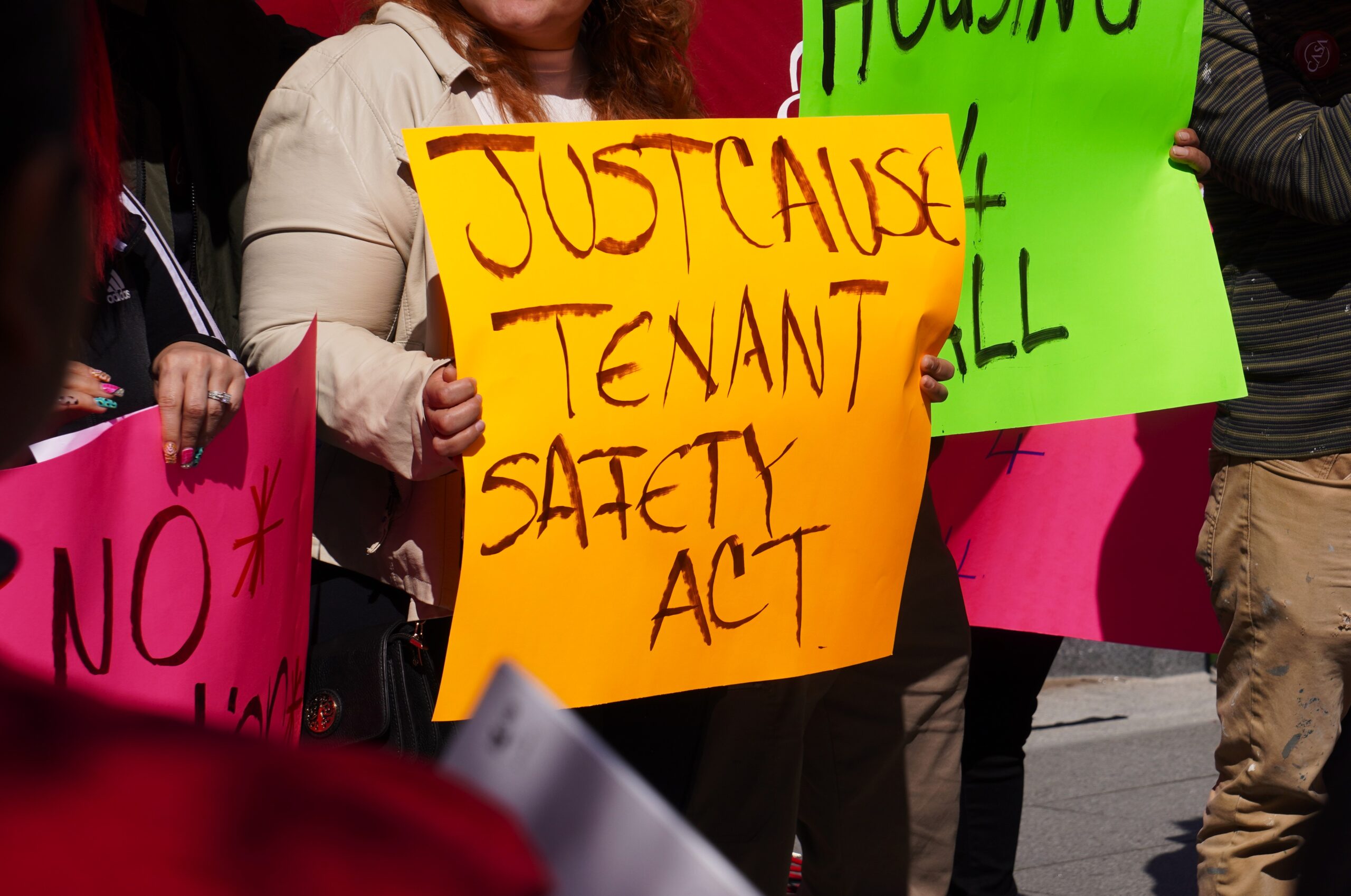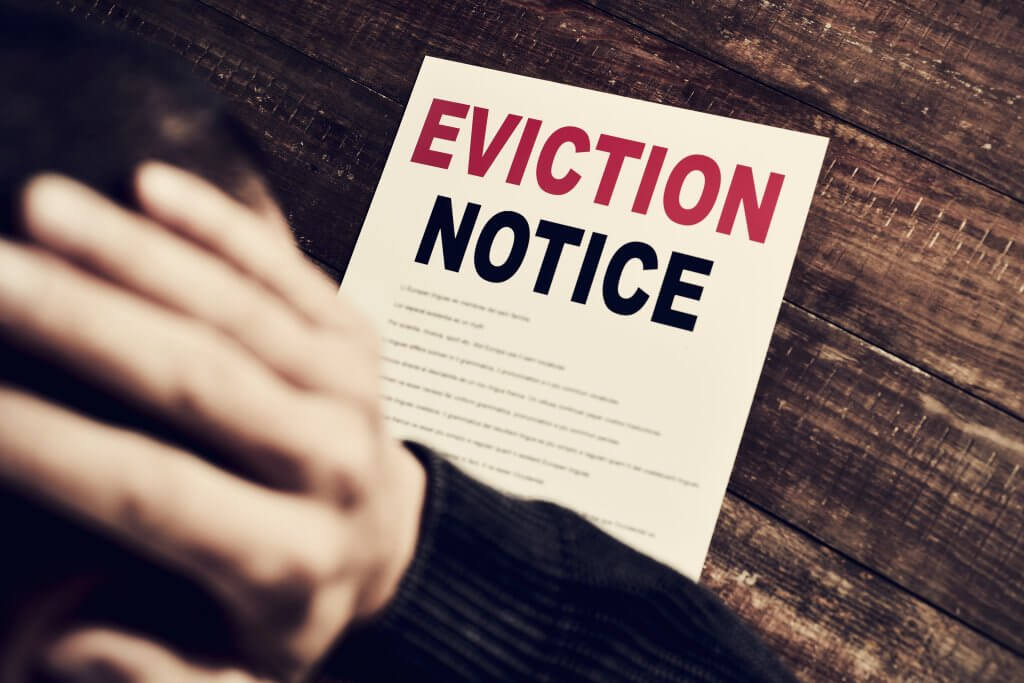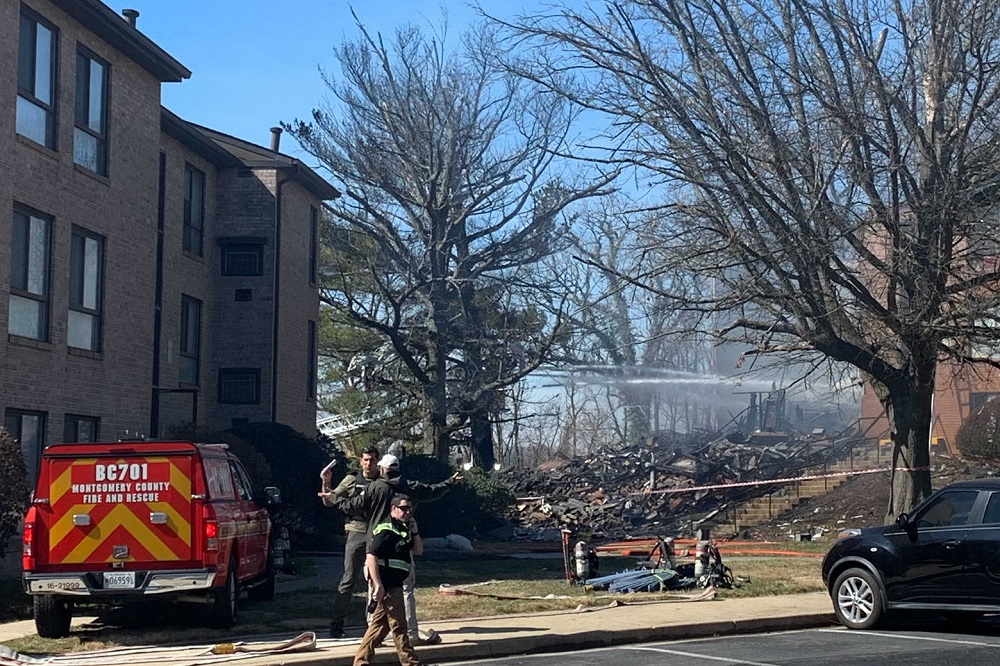
By Steven Sellers Lapham
The writer is a 21-year resident of the Quail Valley community in Montgomery County.
Although the COVID-19 pandemic is still with us, debt forgiveness is ending. Not only renters and landlords, but many homeowners are fearful about what comes next.
Starting in October, the state of Maryland will post applications where homeowners (who have fallen behind on their mortgage and/or HOA assessments during the pandemic) can apply to receive federal funds. Maryland received nearly $250 million for this purpose under the federal American Rescue Plan.
But who will actually benefit from these funds intended to ease the distress of average Americans during a national emergency?
Since summer 2020, I’ve been collecting data showing how our neighborhood homeowners association has been hammering its own residents — during the pandemic — with excessive “property violations,” fines and fees. These punishments seem to fall most heavily upon the backs of families for whom English is not their first language, and upon working-class residents generally.
Today, we observe how our HOA’s chosen debt collector is shoveling fines and fees upon hapless homeowners as if there’s no tomorrow. Here is one example among many.
The resident reports, “Well, it looks like missing seven months of dues ($88.25 per month) when I was unemployed last year has grown to almost $2,000. The debt attorney has added about $1,370 in extra fees and fines to what I owed in dues, which was about $630. The debt attorney has more than doubled my debt — at a time when it was obvious that I had no way to pay the original amount. I thought the CDC and the governor of Maryland had forbidden this kind of abuse — at least during the pandemic.”
What is the motivation for that abuse?
Well, when the spigot of financial assistance opens in October, much of it would go to debt collection attorneys.
How does that work?
Falling behind on your homeowner association fee is listed as one reason that a homeowner might face ‘”imminent eviction,” as described at the state’s Homeowner Assistance Fund webpage. Such a homeowner can apply for an Emergency Displacement Diversion grant.
My neighbor has a new job and is paid up on his HOA dues, yet he faces a lien on his home and possible eviction. He might have to apply for that grant. He would do the paperwork, but the money would slide right over to the debt collector. If he’s denied the grant, he’ll have to pay the full $1,370 out of his pocket.
The homeowner is either just an errand boy, or a whipping boy. Welcome to “homeowner assistance” in pandemic America.




 Creative Commons Attribution
Creative Commons Attribution